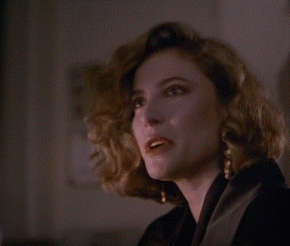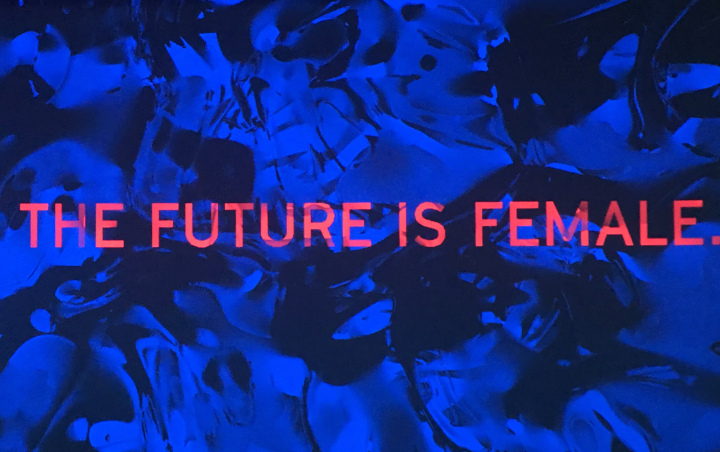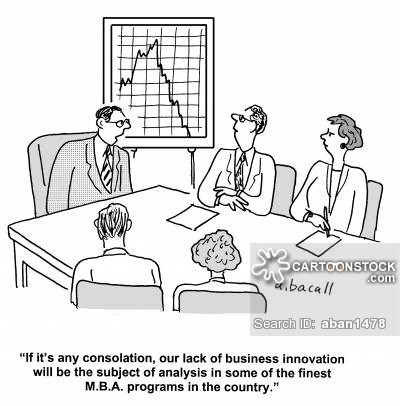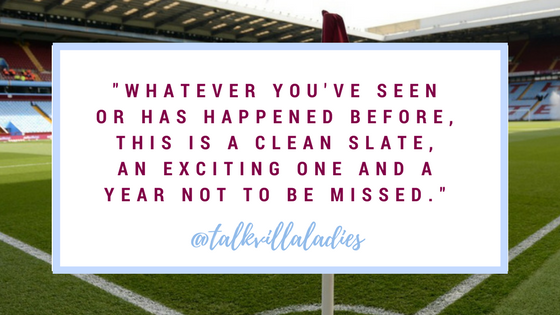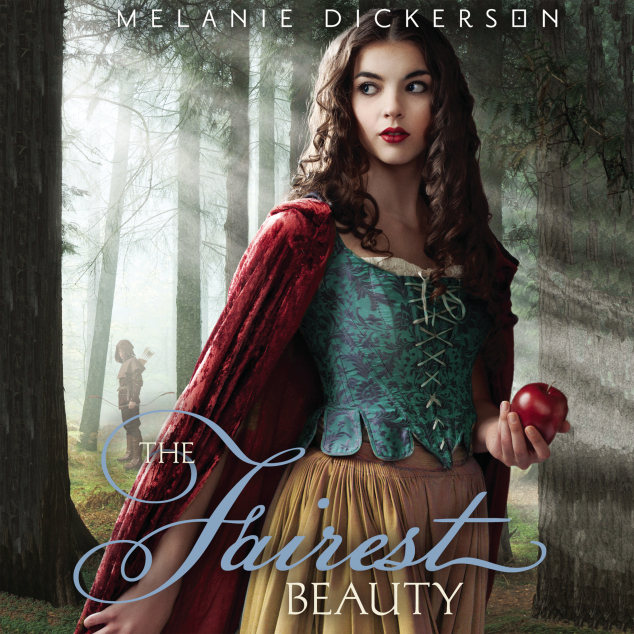Recently, I finished reading “All the Single Ladies, Unmarried Women and the Rise of an Independent Nation,” by Rebecca Traister. In quite a cliche way, the book was recommended to me at a work event with Girls Inc, by none other than the co-President of my company’s Women’s Network – an employee resource group. Herself, a single thirty-something said that the book made her feel better about being her age, unmarried, without children, and yet VERY successful. Maybe I was caught up in the feminist feeling I had that evening (I don’t say this in a derogatory way – I just don’t often find myself having super feminist opinions), but I went home and downloaded it immediately. I have since been enthralled by it, even bookmarking pages which clearly indicated that I was actively reading the book – something I feel like I haven’t done since I was in grad school.
I decided to gather the pages that I flagged and reflect on some of them here in the blog. This book has ignited in me a defense I think I’ve been seeking in the ability to say, “It’s OK that I’m thirty-four, not married and don’t have any children.” It’s also given me the opportunity to say, “And, I’m also not the only one.” There is a ridiculous amount of pressure, almost unseen, but definitely existent, to check the boxes to “life’s achievements.”
Got to college – Check
Get a good job – Check
Get married – Check
Buy a house – Check
Have a baby – Check
Life is over – Check (just kidding!)
In All the Single Ladies Traister begins by sharing, “Throughout America’s history, the start of adult life for women – whatever else it might have been destined to include – had been typically marked by marriage. Since the late 19th century, the median age of first marriage for women had fluctuated between 20 and 22. This had been the shape, pattern and definition of female life.” This was an accepted and normal reality in the 19TH CENTURY. We are now in the 21st century where things are very different. Women can vote, they can go to college, they can be CEOs, they can buy their own home, they can be independent. So, my question then is this: Why are so many people’s perception of what a woman should be still stuck in the 19th century? Where did society miss the the train on this?
I come from a household where my mom stayed at home and raised us until I was a freshman or sophomore in high school. My dad worked and my mom made our lunches, did our laundry, cleaned the house, dropped us off and picked us up from school, and made dinner every night. I frequently played house and had the full play kitchen and every baby doll accessory you could imagine. But, I also had a mom who found ways to make her own money (provided day care, sold her arts and crafts), and eventually went back to work when I was in high school. I think that taught me something. Also, The Mary Tyler Moore show was basically my go-to every night before bed when I was a pre-teen so there’s that strong womanly influence as well – I thought she was the coolest thing ever, and still do!
Going to college was never a second thought for me – and I came from a household where neither of my parents went to college (dad went to a trade school). But yet, I knew that college would be my path, and subsequently I knew that a master’s degree would also be part of my path. Because of this, I found the portion of Traister’s book that she dedicated to women who put education and career first the most relatable. Traister shares the story of Yllka who is twenty, living in New York City and attends a public university, “Yllka’s priority is her school work, she said, precisely because ‘I don’t want to be reliant or dependent on others.’ If she someday meets the right person, she can imagine getting married. But, she emphasized, ‘If I do decide to go on that path, I want to provide for myself so we can be equal in the relationship.’ Women now graduate from high school more often than men; they receive about half of all medical and law degrees and more than half of master’s degrees. The percentage of not just bachelor’s degrees, but also master’s, law, medical, and doctoral degrees being awarded to women is the highest it has ever been in the history of the nation.” This is important people. It is indeed changing the history of the nation, but no one is really talking about it.
This may seem like a normal 21st century female response, but critics are still out there. Traister references Elanor Mills, a married mother, who wrote in The Times of London in 2010 (yes people, in 2010) of her professionally driven, unmarried friends, “‘As they stare into a barren future…many singletons wish they’d put some of the focus and drive that has furnished them with sparkling lives into the more mundane business of having a family.’ Mills reported that many of her cohort realized ‘too late…that no job will ever love you back,’ and added menacingly, ‘the graveyards are full of important executives.'” Traister rebuts by saying, “A job may very well love you back. It may sustain and support you, buoy your spirits, and engage your mind, as the best romantic partner would, and far more effectively than a sub-par spouse might. In work, it is possible to find commitment, attachment, chemistry and connection.” Here’s the thing, I have a good job, I also have a bachelor’s and a master’s degree, but work doesn’t always love me back, but isn’t that the case with any relationship? The life I have built, the friends I have made, and all that affords me to “furnish my sparkling life” is thanks to my career. So, I like to think I’m blowing Elanor Mills’ presumptuous quote right out of the water (she’s just jelly). I think that where we choose to find our satisfaction and love shouldn’t matter, and the choice shouldn’t be criticized. I also think that I will end up with the best of both worlds, my “sparkling life” as well as a family at some point. One doesn’t have to come before or over the other.
Traister shares yet another story of a single thirty-nine-year-old woman named Stephanie who is an importer of Guatemalan art who described her work as “like a love affair.” “She travels the world, partners with NGOs in artists communities, and aids in the aftermath of natural disasters, all of which she sees as ‘vehicles designed to make a global impact.’ Stephanie’s mother has suggested, ‘Honey, maybe you shouldn’t tell men all of the things you’re involved in, because I think it scares them.'” It scares them? This struck a chord in me.
Not too long ago I asked someone I had been in a back and forth, tug of war, relationship with, if I scared him. I was laying on the couch and had this moment of clarity where I realized that he wasn’t giving me what I needed or wanted and I was getting so upset that he wouldn’t just man-up so-to-speak, so I just asked him, “Are you scared of me or something?” His response, “Yeah, kind of.” I knew then that it would never work. My success, my confidence scared him. I’m better off alone then with someone who is scared of me. The amount of money someone makes doesn’t matter to me, whether they went to college or not doesn’t bother me. Are you a kind person? Are you honest, committed and faithful? If the answer is yes to all of that then I’m happy. The monetary stuff and accomplishments don’t have to be equal (those are personal goals), but how committed you are to the relationship does. It was an eye opener for me. As Susan B. Anthony said, in her interview with Nellie Bly, and shared in Traister’s book, “once men were afraid of women with ideas and a desire to vote. Today, our best suffragists are sought in marriage by the best class of men.” As it should be, Susan B., as it should be.
“Female professional success has often come at the cost of the attention of men, or at least the kind of men threatened by high-achieving women.” BUT, here’s the kicker, according to Traister, “Remaining unmarried through some portion of early adulthood, especially for college-educated women, has been revealed to be intimately linked with making money.” The “Knot Yet Report,” published in 2013, reported that a college educated woman who delays marriage until her thirties will earn $18K more per year than an equivalently educated woman who marries in her twenties. Women who remain single until their thirties, but are not college educated also gain a wage premium – though only an average of 4K a year.” Regardless, single women will make more money if they stay single into their 30’s. If that’s not incentive enough then I don’t know what is!
Here is the double edged sword of all of this, according to Traister, “For men, marriage, and presumably the domestic support derived from wives, boosted professional focus. For women, the lack of marriage and its attendant responsibilities is what allowed them to move ahead at a faster clip. Maddeningly, having children enhances men’s professional standing and has opposite impact on women’s.” This can go down the slippery slope of the gendered wage gap, which I don’t want to get into – I told you all I wasn’t going to take this super uber-feminist stance. We all know the gendered wage gap is there, and it sucks. It’s gotten better, but it’s not there yet. I think that topic is for a different blog. But I digress…
While reading further, I discover that singledom has become a worldwide phenomenon. According to Traister, “In 2013, on November 11, a day that the Chinese have turned into an unofficial holiday acknowledging unmarried people, celebration quickly translated to purchasing power. Online sales at China’s biggest online retail site, Alibaba, surpassed the United States’ 2012 Cyber-Monday tally, hitting $5.75 billion by the end of the day.” If the United States had a day that acknowledged unmarried people I think it would probably be the best day of the year. Cheers to China for finding a way to acknowledge and at the same time capitalize on people’s choice to be single (yes, there is a touch of sarcasm there).
As journalist Ta-Nehisi Coates has sensibly observed, and Traister pointed out, “Human beings are pretty logical and generally savvy about identifying their interests. Despite what we’ve heard, women tend to be human beings and if they are less likely to marry today, it is probably that they have decided that marriage doesn’t advance their interests as much as it once did.” I’m going to stop right here, because I don’t want it to sound like I would never get married. I want that, someday, with the right person. Likewise, if the right person doesn’t come along, then I’m perfectly happy walking this life without a life partner. And, I’ll be damned if that will stop me from having a family (I’ll address that a little later).
Reading further into the book, and specifically around women in the workplace, Traister brought up the lack of women CEOs at fortune 500 companies. This prompted me to think about something I experienced recently. Late last year, I had what I like to think was the rare opportunity to sit in the auditorium at work and witness the announcement of my company’s first female and Latina CEO. Let’s think about this…my company was founded in 1905, and in 2016 they announced our first female AND Latina CEO. I was proud to be sitting there, I have also, in my 7 1/2 years working for this company, never heard the auditorium erupt in such excitement. It was history making, a little late if you ask me, but history nonetheless. According to Traister’s research, “Women made up only 4.8 percent of Fortune’s top CEOs in 2014.” I decided to see what 2017 looks like, and here’s how it stacks up, “As of 21017, there are 32 female CEOs on the list, meaning that 6.4% of U.S.’s biggest companies (by revenue) are run by women. This is the highest proportion of female CEOs in the 63-year history of the Fortune 500.” It’s rising, not that quickly, but nonetheless trending up. By the way, I might add, when I took a look at the list I was impressed to see how many female CEOs work for energy companies.
It is no surprise that remaining single longer makes it harder to find a mate when you’re actually ready to settle down. According to Traister, “One of the challenges as people remain single later is that the contexts in which they are likely to encounter other singles, narrows. There’s not the romantic marketplace of college or fresh-out-of-college social life for people who don’t like to date colleagues, or who work remotely, or who work all the time, there are few places to seek mates. Apps address this need.” Oh, the sweet (or not-so-sweet) world of dating apps.
I haven’t been on a date that wasn’t initiated through a dating app in well over a year and a half. It’s the new norm, but it’s also the most frustrating thing in the world. According to Traister, “On Tinder, and other apps like it, including Hinge and Happn and OKCupid, men and women present versions of themselves that are photographed for maximum impact, describe themselves in just a few words and catchphrases, bringing the mid-twentieth century art of the singles ad or, for that matter, the centuries’ old business of matchmaking, to a new technological age, making the process of pursuit and rejection swifter, the plume of potential choices higher. And because women remain more sexually objectified and less sexually empowered than men, troubled by more double standards, and harsher aesthetic evaluations, the dehumanizing impact of dating apps, of sex apps, can be very real.” I feel like this might be opening Pandora’s box but really, dating in the 21st century is not for the faint of heart.
In the online dating world, there is more rejection than acceptance. There are so many options out there that you have to have a leg up on others, therefore you have to figure out how to be a little bit smarter, a little bit better looking, a little bit more fit, a little bit more successful than the other women. Because, inevitably, some dude is going out with another chick later that week who is thinking and doing the same things and because, quite frankly, he is going to make the comparison. It’s exhausting and at times a complete blow to your self esteem. In the book, Traister mentions a widely circulated 2015 piece, that I embarrassingly didn’t know about called, “The Dickonomics of Tinder,” written by Alana Massey which chronicled her use of Tinder after a heart-wrenching breakup, describing her approach to Tinder as hinging on one resonant mantra: “Dick is abundant and low value.”
I cannot tell you how much I wish this article would have been around before I ever embarked on online dating. “Dick is abundant and low value” is a phrase that Massey cribbed from another woman whose words she read on Twitter, a lawyer and writer named Madeleine Holden. According to Traister, Holden had written that, “there’s this cacophony of cultural messages telling us that male affection is precious and there’s a trick to cultivating it. They’re all lies. To any women reading ‘how to get a man’ franchises or sticking around in stale dissatisfying relationships: dick is abundant and low value.” According to Traister, it was an idea that enabled Massey to use Tinder to treat men as disposable, to give her the power of rejection, of being picky, knowing that the technology was presenting her with ample choice, and that ‘the centuries’ long period of dick overvaluation is over.'” I realize this probably sounds awful to some of you, but I understand it. Do you know how many online dates I have been on where I could tell the dude just wanted to get into my pants? And, the assumption was that I should have been flattered that he even wanted to? Or, how many guys I have met online who thought it was appropriate to send a dick pic within the first couple of days of “talking.” And I put “talking” in quotes because it’s actually texting…most guys won’t pick up the phone nowadays (most, not all). I was supposed to be accepting of that behavior? I was supposed to think that makes me valued? Hell no. So, I find it refreshing that Massey and Holden acknowledge this…many men are treating dating apps in this way, so why couldn’t they?
I cannot say that I turned a leaf and started treating dating apps in that way. In all honesty, I’m really not the type of person to do that. Nor, am I actively on any apps at the moment anyway, but I feel like there is a sense of comfort in knowing that the way online dating made me feel wasn’t singular. A lot of women feel this way. But, the bigger question is not lost on me…if we all start treating online dating the way that Holden and Massey have suggested, doesn’t that break it for the small percentage who are actually on those apps looking for love?
And on that tantalizing note I’m going to wrap this blog entry up. I have so much I want to share about this book that I decided to break the blog entries up into a series. Next up, I will talk about the topic of having a family and how even that has changed…that a family isn’t necessarily a husband, wife and children, but that it can be just a mom and baby, that you can be happily committed to someone and have a family without being married – all of which are a direct result of many women waiting later in life to get married and have children.
Hopefully this entry prompts you to pick up the book and check it out for yourself – whether you’re a single lady or not!
